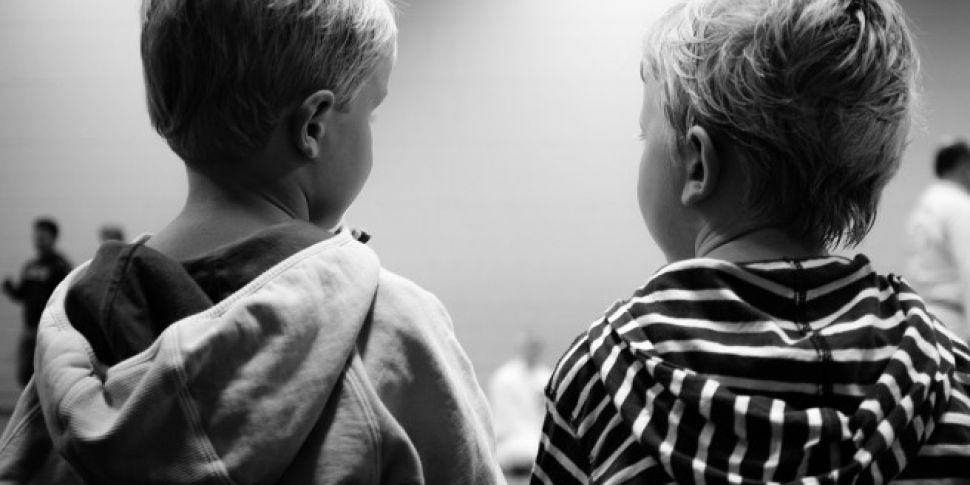As a race, humans are losing out to the future, according to scientists. The problem comes from how we perceive ourselves in the future as being someone else and distinct from the person we are here and now.
Sometimes we drink a few more pints on a work night than is advisable because we believe it to be someone else's, our future self's, problem. Of course, we realise its our problem when we wake up the next morning.
Concentrating on the here and now, in other words, is now our species’ strong suit, and can lead us to making bad decisions that your future self will be wishing you could take back.
This is particularly true for children, whose problems may pale in comparison with a Wednesday morning hangover, but who are not known for making wise decisions.
Past, present, and future
Psychologists have put a lot of time into studying the limitations of young children’s abilities to plan for their future, but now a new study in Developmental Psychology seems to suggest that having a conversation with them can be very beneficial.

[Pixabay]
By spending a mere five minutes chatting to young children about their recent past or future selves, psychologists believe that children of pre-school age remember to do things in the future, carrying out some mental ‘time travel’ that helps them make better decisions about things they’re going to need.
Nadia Chernyak at Boston University led a study that divided 81 three-to-five-year-olds to one of four training groups.
Each of the participants spend five minutes alone with a researcher talking and considering about: their self in the near past (things they had done in the day before), their near future (what they’d be doing later that day), their distant future (what they might do in the months to come or as an adult), and the present (what they were doing “right now.”)
Testing the outcomes
After finishing their chats, a different researcher tested all of the children on their capacity to make decisions about the future. None of the second group of researchers knew which conversation their subjected had carried out beforehand.
The children took part in several tests, including a “prospective memory” challenge, where they had to remember to remind the researcher to complete a challenge at the end of the tests. They also took part in a “mental time travel” task involving imagining what they should bring on a trek through the woods or through snow, as well as rewards for delayed gratification to test patience and the ability to wait for better outcomes.

Images from the famous 'Stanford Marshmallow Experiment' in delayed gratification. A similar test, offering the subjects two stickers if they could wait to play with them, was run in this study [Wiki Commons]
After analysing the data, the children who had spent time training with near-past or future conditions outperformed their peers on the prospective memory and mental time travel tasks. In the process, the children also used more personal pronouns in their conversations, which the researchers believe was significant.
Shaping the future
“Our work suggest that experience communicating and thinking about one’s extended-self promotes the ability to make decisions on behalf of the extended self,” the researchers said.
When it came to the tests of delaying gratification, all of the children groups performed the same, with the paper positing that these skills take practice as well as progress in conceptual understanding.
“These results have implications for caregivers’ day-to-day interactions with preschoolers,” the study concludes, “Because even brief conversations with adults can help scaffold, shape, and activate concepts about one’s extended self.
“Critically engaging young children in conversations where they are provided with opportunities to cognitise, remember, and discuss their extended selves may ultimately help them make future-oriented decisions that benefit those extended selves.”









